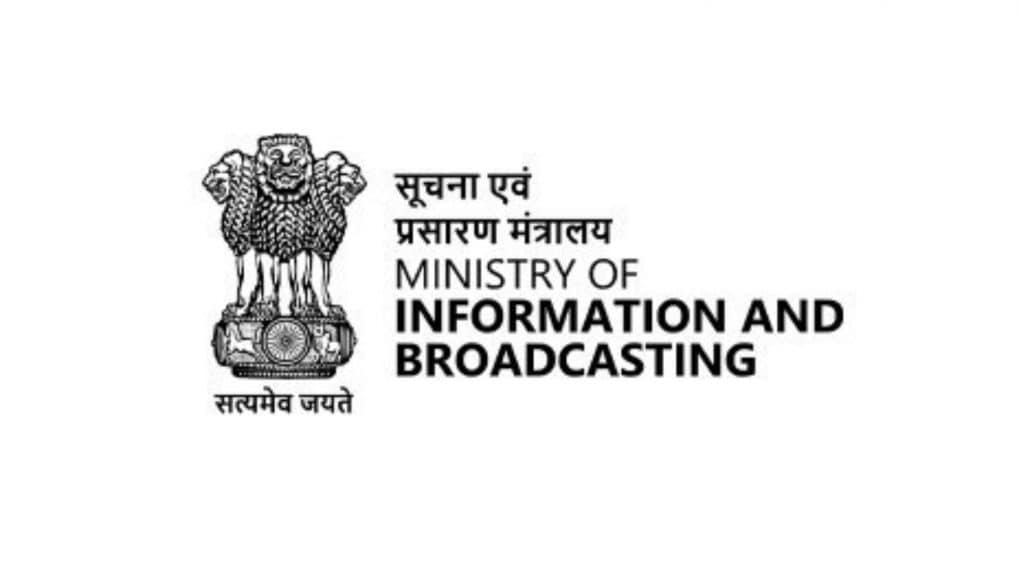EXCLUSIVE: Parliamentary Panel report triggered MIB crackdown on OTT vulgar content
The Thirteenth Report of the Standing Committee on Communications and Information Technology, presented on July 24, 2025, strongly criticized the proliferation of adult content on OTT platforms and urged immediate regulatory interventions.
ADVERTISEMENT
The Ministry of Information and Broadcasting’s (MIB) crackdown on several OTT platforms on Friday was not an isolated enforcement move, but one directly spurred by a Parliamentary Standing Committee report tabled in the Lok Sabha just a day earlier. The Thirteenth Report of the Standing Committee on Communications and Information Technology, presented on July 24, 2025, strongly criticized the proliferation of adult content on OTT platforms and urged immediate regulatory interventions.
The report (a copy of which is with Storyboard18), a follow-up on action taken by the government on previous recommendations, focused heavily on the persistent circulation of obscene and age-inappropriate content through online curated content publishers. It highlighted glaring concerns about inadequate content regulation on OTT platforms, especially those that continue operating by bypassing existing restrictions.
On Friday, government banned 25 platforms hosting soft porn content including ALTT, Ullu, Desiflix, Big Shots among others. The government highlighted Section 79(3)(b) of the Information Technology Act, 2000, which states that intermediaries lose their exemption from liability if they fail to expeditiously remove or disable access to material being used to commit an unlawful act, upon receiving actual knowledge or notification from the appropriate government agency.
The Parliamentary Panel report states, In March 2024, the MIB had already blocked 18 OTT platforms, along with 19 websites, 10 mobile apps, and 57 social media accounts associated with them, for hosting obscene or pornographic content. However, the Committee pointed out that many of these entities had resurfaced by altering IP addresses, names, or using artificial intelligence to cloak their identity.
Notably, the Committee recommended that deterrent punishment be introduced for repeat offenders and sought clarification on whether OTT players circumventing blocks were being strictly dealt with.
The IT Rules, 2021—especially Part III dealing with publishers of online curated content—were referenced multiple times in the report. While they require age-based classification, parental locks, and reliable age verification for “A”-rated content, the Committee expressed doubts about the effectiveness of these self-regulatory mechanisms.
The report states, "The Committee would like to advise the Ministry that provision for some sort of deterrent punishment should be put in place for the repeated offenders in this regard. The Committee would also like to know whether the OTT platforms committing the same mistake under the guise of changing the name of programmes, changing the means of dissemination and changing the IP address etc., with the help of Artificial Intelligence (AI) are strictly dealt with. The Committee would like to be apprised of the details in this regard."
Further the report stated that The Ministry has received various grievances through multiple channels that the platforms blocked by it are still operating by changing name or IP address and the Ministry is reviewing the same for appropriate action on such platforms.
"Further, Hon’ble Minister of Information and Broadcasting while replying to Lok Sabha Starred Question #21 on 27.11.2024 has stressed on the need for strengthening the editorial checks in respect of the content being published on social media and OTT platforms."
It was mentioned that such editorial checks which used to be there in the past are no more there in the era of social media and OTT platforms, leading to freedom of speech being misused to spread vulgar content on OTT platforms and fake news on social media. The Minister stated that there is a need to make the existing laws more stringent, and for this purpose there is a need for building a societal consensus, suggesting that this issue could be considered by the Parliamentary Committees.
It should be noted that the Parliamentary Standing Committee’s report may well be the first of many triggers shaping India’s digital content laws in the current Lok Sabha term.
Read More: Ullu’s IPO plan hits roadblock as govt bans OTT apps and websites over obscene content


